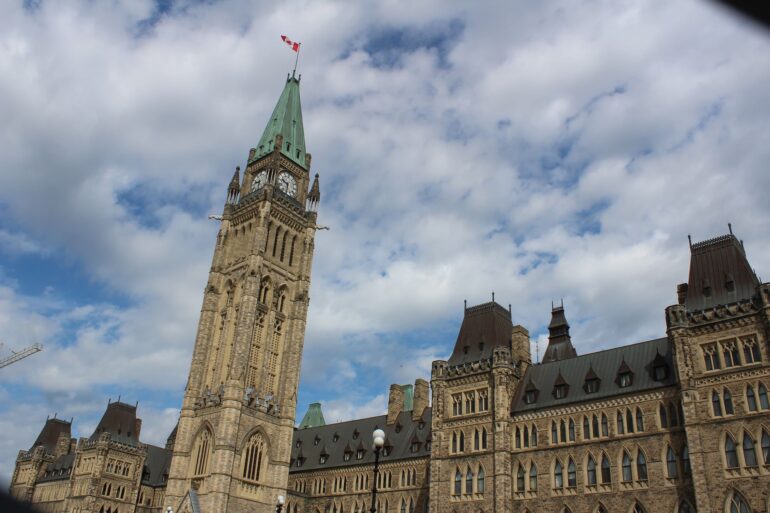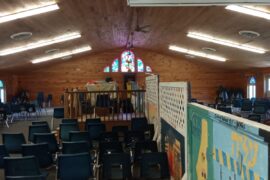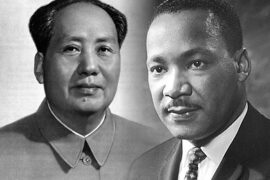Hannah Arendt viewed the marginalization of minority groups as structural to the nation-state model by virtue of the inherent particularism of that model.
While recoiling from ethnic nationalism since World War II, Western civilization still loves to promote civic nationalism as an ideal. Civic nationalism suggests neutrality. It suggests that ethnic demographics do not drive policy nor do cultural values – except, of course, for neutrality.
In recent years, however, civic nationalism has been taken to task for just this. Despite the veil of neutrality, black Americans are disproportionately incarcerated by the “neutral” United States criminal justice system.
Indigenous peoples in Canada face more police brutality and higher poverty and suicide rates than white Canadians. These facts reveal how a system that claims to be neutral actually possesses features of systemic exclusions and deference to white Christian civilization.
A clear manifestation of this is the Canadian province of Quebec.
Since the Quiet Revolution in Quebec, Quebec has speedily come to embrace “secularism” as the defining nature of its people. It rejected all semblance of the Church to the naked eye, embracing secularism and neutrality.
Quebec’s newest government, the Coalition Avenier Quebec (CAQ), enshrined this into law, banning religious symbols in the public sector. New Muslim teachers can no longer wear their hijabs. Jewish judges cannot wear their kippot and Sikh members of the Royal Canadian Mounted Police cannot wear their turbans. Christian symbols were of course also rejected in Bill 21 in the name of neutrality.
To top this off, the government instituted a “values test” to enforce Quebec’s values (of secularism and neutrality). The questions on the test explain borders to post-structuralists. Quebec’s values test is not to detect terrorism but to determine what values Quebec stands for. There are today clear insiders and outsiders of Quebec’s culture.
Yet these very policy reforms in the name of neutrality have challenged this notion, suggesting a liberal hegemony that has succeeded Christianity as the prevailing force behind the western state.
New immigrants have to answer questions on Quebec’s marriage laws – who can marry who in Quebec? The test seeks to prove that Quebec is religiously neutral but these ethics and norms are not universal but steeped in the Church and now – the West.
Jews and Muslims in the West know all too well the challenges of western neutrality. December 25 is a holiday for all, yet Jews and Muslims have to reckon with the fact that this system built by white settler colonialism was not built for them in mind but in spite of them. Christians do not have to worry about using their sick days over Pesaḥ or jump through hoops to avoid work on Eid. For Christians in the West, neutrality works well.
The very idea of private religion is not a neutral concept but one deeply embedded in Christianity’s own reforms.
While built on the exploitive settler colonialism and genocide of indigenous peoples of the Americas, Christian values lie the core of western liberal democracies. These societies and super-structures were designed for and by white Christians. In challenging the hegemonic power of the very concept of neutrality, we can better understand the oppressions of other marginalized and racialized groups in the West. We can understand how systemic structures can undermine or utilize the veil of neutrality to oppress non-whites.





